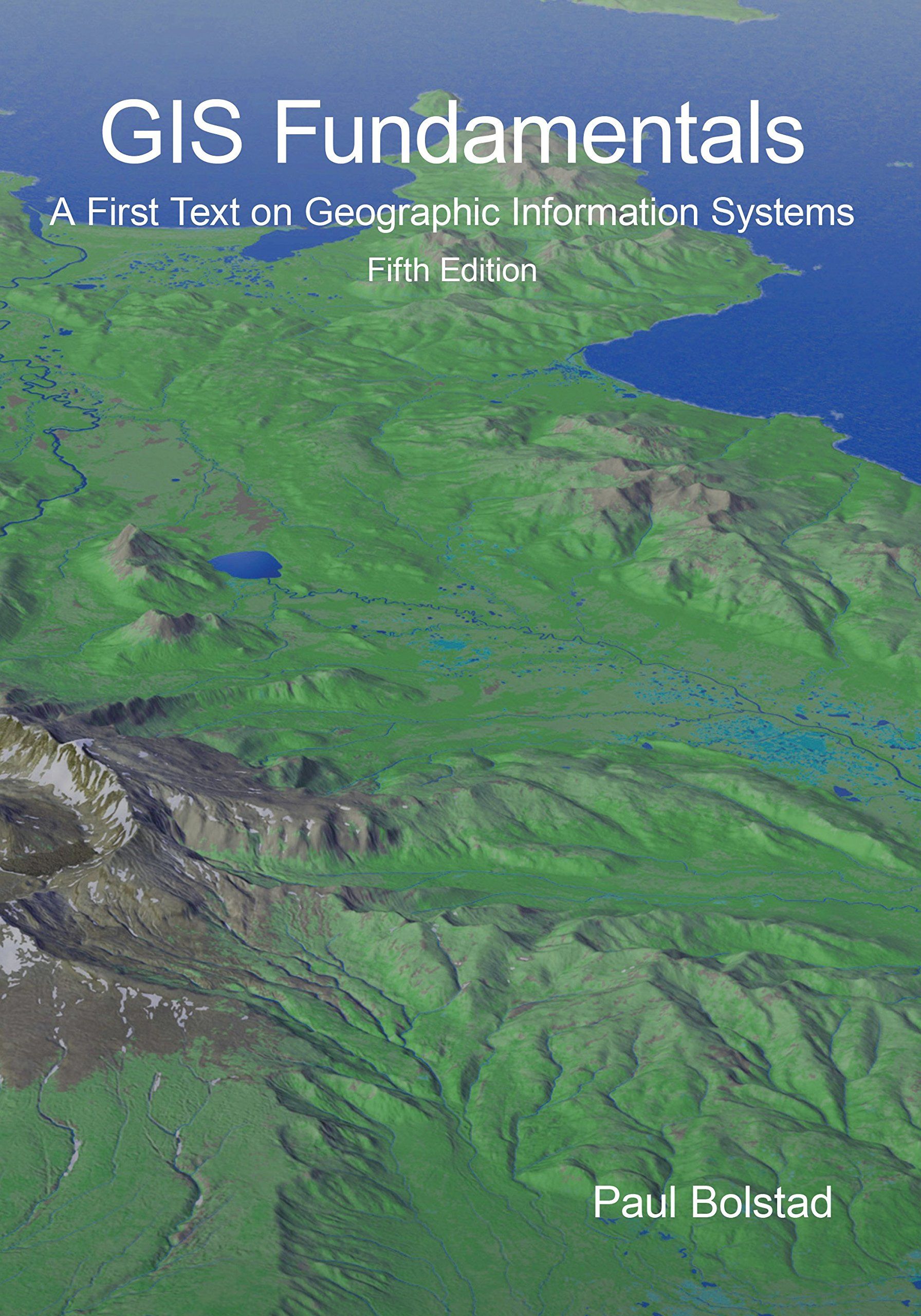Geographic Information Systems (GIS) are essential tools for mapping and analyzing the Earth’s surface. They help manage, analyze, and display geographic data, benefiting professions like urban planning, environmental science, and agriculture. For newcomers and seasoned professionals alike, books on GIS provide foundational knowledge and advanced techniques to enhance your skills.
When choosing a GIS book, consider your current skill level and specific interests. Beginners might look for titles covering basic concepts, while more experienced users may prefer books on advanced analysis or software-specific guides. Also, check the publication date to ensure the information is up-to-date, as GIS technology evolves rapidly.
You’ll find a range of books focusing on different aspects of GIS, from practical software guides to theoretical discussions. Find the right book to support your learning and growth in this dynamic field.
Best Books on GIS
Explore the top books on Geographic Information Systems (GIS) to enhance your skills and knowledge. These selections cover essential topics and tools you need in GIS, whether you’re a beginner or looking to deepen your expertise.
GIS Fundamentals Fifth Edition
An excellent choice for those serious about understanding GIS at a comprehensive level, this book offers depth and clarity in abundance.
Pros
- Comprehensive and detailed content
- Clear explanations of complex topics
- Well-organized for easy study
Cons
- Could be too advanced for beginners
- Some images may seem outdated
- Textbook feel might be dry for casual readers
This book provides a thorough foundation for Geographic Information Systems, making it ideal if you’re aiming to deepen your knowledge. With its detailed approach, you can explore a wide range of GIS topics, making it a solid choice for students and professionals alike.
Though the text is clear and the material is organized well, be prepared for a textbook-style presentation. This may be beneficial if you’re using it for academic purposes or self-study.
While there are some concerns about outdated images, the book remains a valuable resource. Its comprehensive coverage ensures you have access to a broad spectrum of GIS knowledge, which can be particularly useful in advancing your studies or career.
Best Practices in GIS-based Transportation Asset Management
This book is a great choice if you’re interested in using GIS for managing transportation assets.
Pros
- Offers clear and concise insights.
- Perfect for those with an interest in transportation management.
- Uses easily understandable language.
Cons
- Short with limited in-depth content.
- May not cover advanced topics in detail.
- Geared toward a niche audience
Explore how Geographic Information Systems can revolutionize transportation asset management through practical applications found in this book. The language used is simple, making complex ideas easier to grasp, which is beneficial if you’re new to this field.
While it covers essential practices and techniques, the book is relatively short, so it might leave you wanting more information. Despite its brevity, it provides a solid foundation for understanding GIS applications in transportation.
The focus is mainly on transportation, which might not suit all interests. If you’re specifically interested in this area, this guide provides valuable knowledge in a compact format.
Buying Guide
Choosing the right GIS book can be made easier by focusing on a few key factors. Here are some tips to consider when looking for the best options.
Purpose
Your reason for needing a GIS book should guide your choice. Are you a beginner trying to learn the basics, or are you a professional seeking advanced techniques? Knowing your purpose can help narrow your options.
Content Depth
Check for the depth of content in the book. Does it cover the topics you need? Look for books that include clear explanations, examples, and exercises. This can aid in understanding complex concepts more easily.
Format
Consider whether you prefer a physical book or an e-book. E-books may offer interactive features and easy access, while physical books can be better for note-taking.
Price
Set a budget and compare prices. Books with more extensive content may be priced higher. Sometimes options like used books or library loans can be more cost-effective.
Reader Reviews
Reading online reviews can provide insights into the usability and accuracy of the book. Look for comments on how helpful the book was for others in similar situations.
| Feature | Importance |
|---|---|
| Purpose | Directs your choice |
| Depth | Ensures thorough learning |
| Format | Personal preference |
| Price | Budget-friendly options |
| Reviews | Real-user insights |


